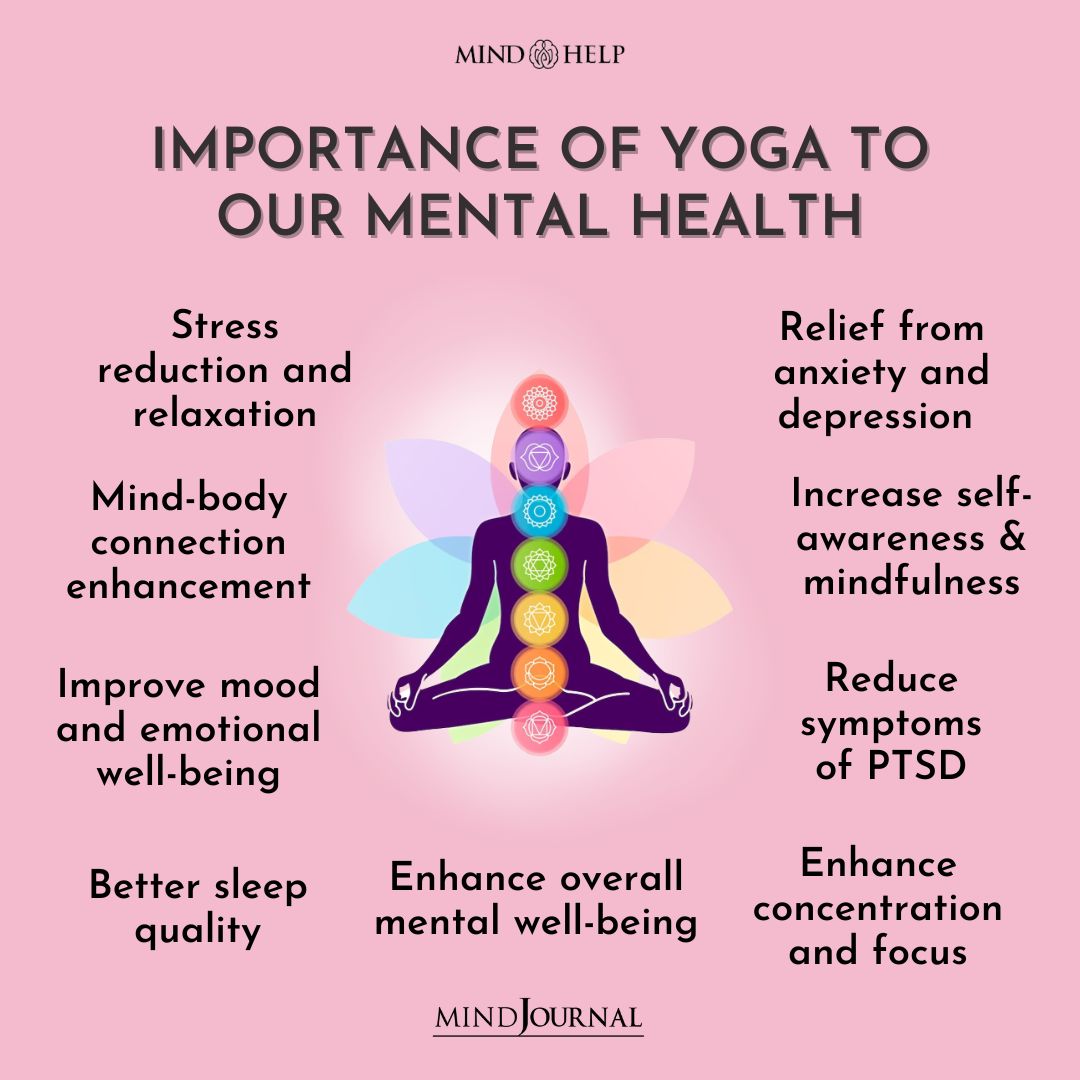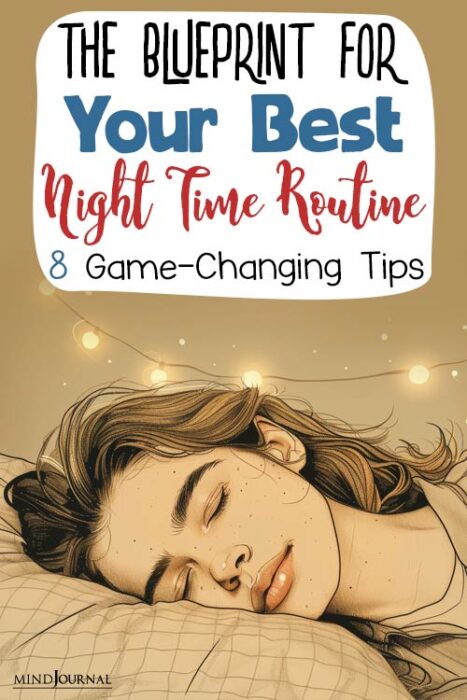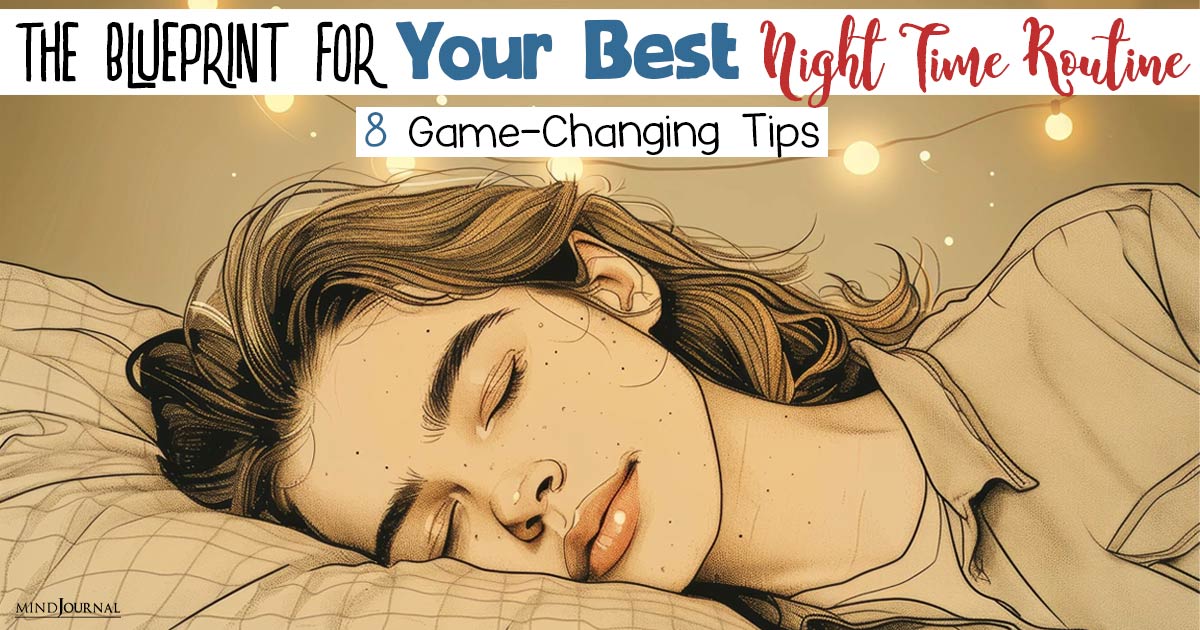Are you tired of tossing and turning at night, desperately seeking that elusive good night’s sleep? Well you know what? Creating the best night time routine might just be the thing you have been looking for, for entering into the world of restful sleep.
Waking up feeling refreshed and rejuvenated is one of the best feelings ever, isn’t it? Having a good night’s sleep can really make you feel happy, energetic and content. Today, we are going to talk about some of the best ways to improve sleep, so that you never have to wake up tired again.
Incorporate these tips for creating the best night time routine, and see what a difference it makes to your overall health and mood.
Related: How Can I Stop Waking Up Multiple Times At Night?
8 Tips For Creating The Best Night Time Routine
1. Make your bedroom cozy, comfortable and quiet.
If you are looking to relax and unwind after a long day, make sure your bedroom feels nothing less than a sanctuary. Keep things clean, tidy, snug and decluttered. Even though this might take some effort, having a comfy place helps to calm your mind.
A calming environment in your bedroom is crucial for a good night’s sleep. Keep your room free of mess and only have things around that are soothing to look at. Create a cozy room where you can chill anytime you need to.
2. Increase your exposure to sunlight.
Just like the first tip, this one won’t cost you a penny but is one of the best ways to improve sleep. Spending a considerable amount time in the sunshine every day can make a huge difference to your sleep.
Sunlight plays a key role in keeping your body’s circadian rhythm on track, which is how your body knows when it’s day and when it’s night. Moreover, sunlight is responsible for making vitamin D, serotonin, and melatonin through your skin.
To keep things balanced, aim to spend about 15 to 30 minutes in the sun during the morning and again around midday, without wearing sunglasses. It’s really important to ditch the shades because the light needs to hit certain photoreceptors in your eyes directly.
These receptors are sensitive to blue light which helps you wake up and regulate your inner circadian rhythm.

3. Try some aromatherapy.
Relaxing and calming scents can really help you unwind after a long day, and what better to do the job than beautiful, fragrant essential oils? All you have to do is pour a few drops of essential oil of your choice in a diffuser and let it do it’s job.
Diffusers are awesome for getting the fragrance of essential oils into the air, without you needing to light up smoky incenses. Some of my personal favorites are lavender oil, peppermint oil, eucalyptus oil and ylang-ylang oil.
Choose scents that makes your room feel cozy and peaceful, and trust me, this one small thing can make a huge difference to creating a best night time routine.
Related: 8 Morning Routine Habits That Will Make You More Disciplined
4. Limit your coffee and alcohol intake.
If you are trying to find out ways to improve sleep, then do this first thing.
Even though caffeine has it’s perks and certain health benefits, having coffee before going to sleep is one of the worst things you can do for yourself. Caffeine tends to ruin your sleep and before you know it, your nerves are buzzing and you have no idea how to calm down.
If you drink caffeine late at night or just before going to sleep, it can stay in your bloodstream for 6 to 8 hours. So, cutting back or not having any caffeine after 3 p.m. could help you sleep better.
Similarly, alcohol is also one of the worst things to drink at night. Alcohol might make you feel relaxed at first because it slows down the brain, but drinking it before bed can actually prevent you from sleeping deeply. You might fall asleep faster, but your sleep quality will be really, really bad,
5. Have a warm, relaxing bath.
A warm bath or shower before getting into bed is one of the greatest things you can incorporate if you’re trying to create the best night time routine. It’s really amazing for relaxing and easing muscle pain.
After working hard all day, lounging in some hot water with some soothing bath salts can be extremely calming. Baths not only offer comfort and peace, but they also lower stress and improve your mood. When there’s no tub around, a hot shower could do the trick too.
6. Practice bedtime yoga.
Engaging in some bedtime yoga is an excellent way to stretch, breathe, and chill out. It’s a solid choice of exercise and is known to ramp up your flexibility, range of motion, muscle strength and general healthiness.
Yoga can also be your ally when things get rough, keeping you composed. Even if you can only squeeze in a short session of 15-20 minutes coupled with some deep breaths after a hectic day, it’ll likely help cut down on stress and ease your mind.
You might want to check out certain yoga poses and breathing exercises that are designed to relax your mind and body and help you sleep asleep faster.

7. Take a magnesium supplement after dinner.
How to create the best night time routine, you wonder? One of the best ways to improve sleep is by consuming magnesium supplements. If you want to step up your game as far as your sleeping is concerned, magnesium plays a very important role in helping you catch some decent shuteye.
Magnesium also stimulates GABA receptors in the brain, which helps calm neural activity and helps you feel more relaxed. By optimizing your magnesium levels, you feel more tranquil, you feel less stressed out, and your sleep quality also improves in the long run.
Related: 11 Daily Zen Habits That Will Transform Your Life
8. Read a book before hitting the sack.
If you want to relax before bedtime and you’re looking for ways to improve sleep, then reading is one of the best things you can do. Unlike the stimulating glow of mobile phone screens or TVs, reading a book offers you a gentle transition into a peaceful slumber.
Be it a captivating novel, or a thought-provoking non-fiction book, reading can transport your mind away from the day’s stresses and worries. The act of reading itself can induce a state of relaxation, making it easier for you to fall asleep.
So, grab your favorite book, snuggle into your comfy covers, and let the words on the page guide you to a restful night’s sleep.
Creating the best night time routine takes a bit of discipline, effort and a whole lot of heart. But once you have that routine in place and you know the best ways to improve sleep, you can never go back to your old lifestyle, mark my words.









Leave a Reply
You must be logged in to post a comment.